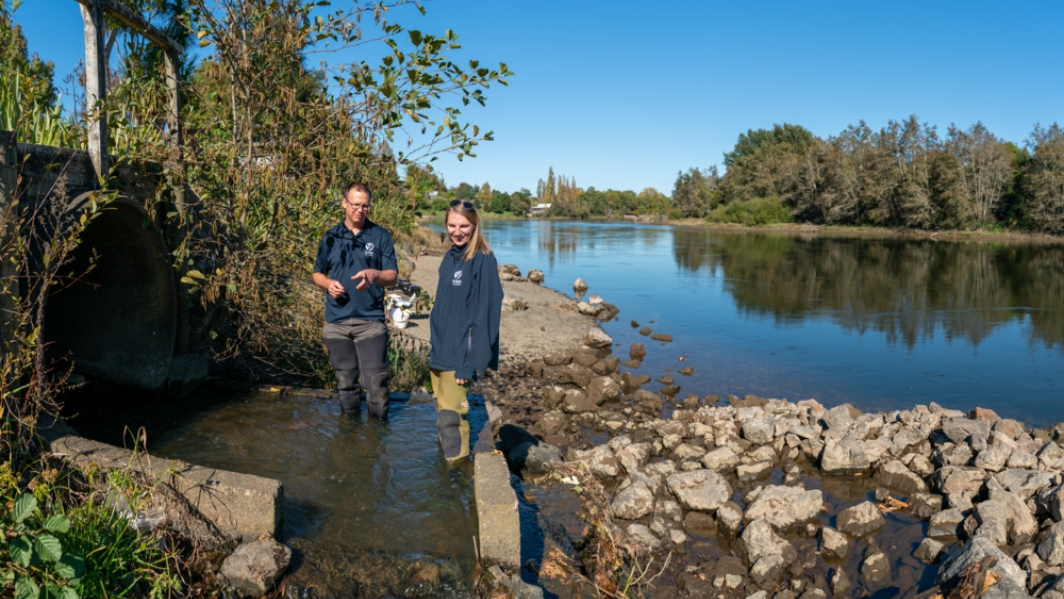-
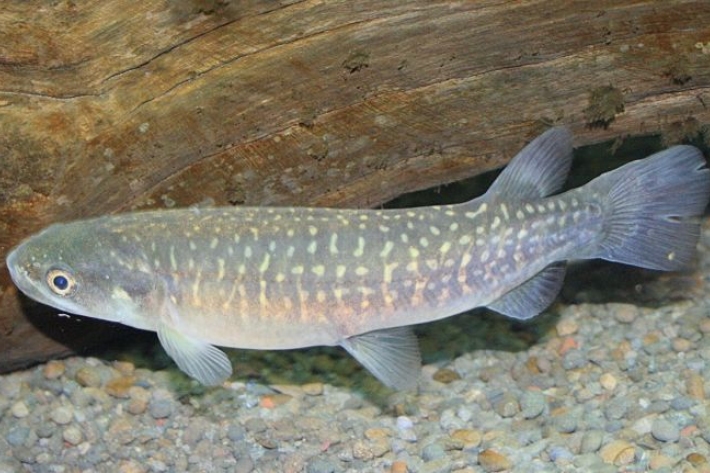
Reintroducing giant kōkopu to Nukumea Stream
Research ProjectThe giant kōkopu is a native whitebait species considered rare and vulnerable. NIWA is working with Mahurangi Technical Institute and environmental consultancy Boffa Miskell to test the feasibility of reintroducing giant kōkopu to Nukumea Stream, north of Auckland. -
Predicting long-term contaminant accumulation in the central Waitemata and southeastern Manukau Harbours
Research ProjectThis project was undertaken for Auckland Regional Council to identify significant sources of contaminants in the central Waitemata and southeastern Manukau Harbours. -

Bio-oil from wastewater algae
Research ProjectThis project will demonstrate the commercial feasibility of producing bio-oil by the conversion of algae biomass that has been grown in wastewater treatment facilities. In particular we aim to maximise algae production in High Rate Algal Ponds (HRAP) by adding carbon dioxide, and demonstrate energy efficient conversion of algal biomass to bio-oil. -
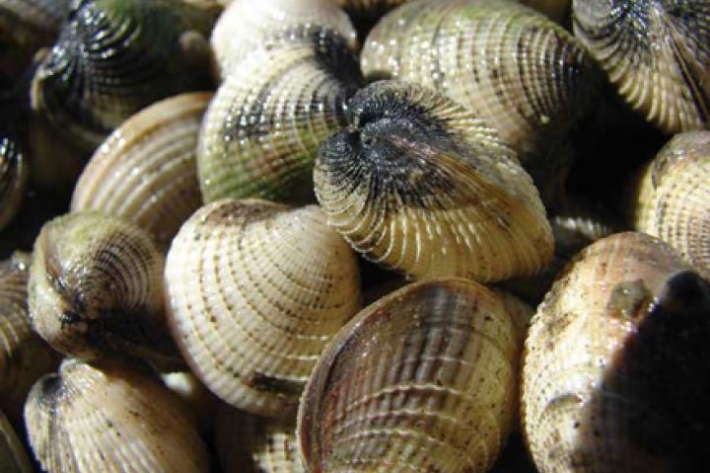
Estuarine Ecodiagnostics
Research ProjectEstuaries are highly valuable systems that provide enormous economic and cultural benefits to all kinds of people. However, expanding human populations and urban development around estuaries is increasing contaminant loads, with metals and polycyclic aromatic hydrocarbons (PAHs) accumulating in sediments. -
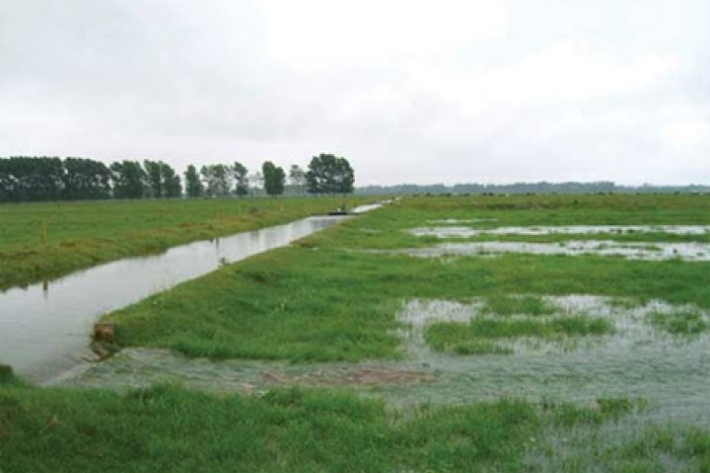
Forecasting irrigation potential: a case study in the Waimakariri River catchment
Research ProjectFarmers rely on irrigation, but water is a limited resource and little is know about how to manage it best. NIWA has developed a hydrology and soil science model to show how much to water, and when, to get the best results. -
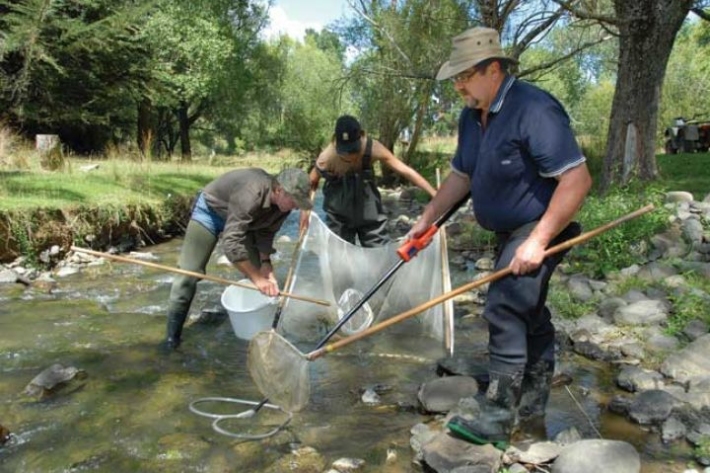
Habitat requirements of New Zealand freshwater fish
Research ProjectNew Zealand's rivers and streams, and the diverse fish that live in them, are worth protecting. But the question of which species prefer to live where was unanswered until NIWA completed this major survey. -
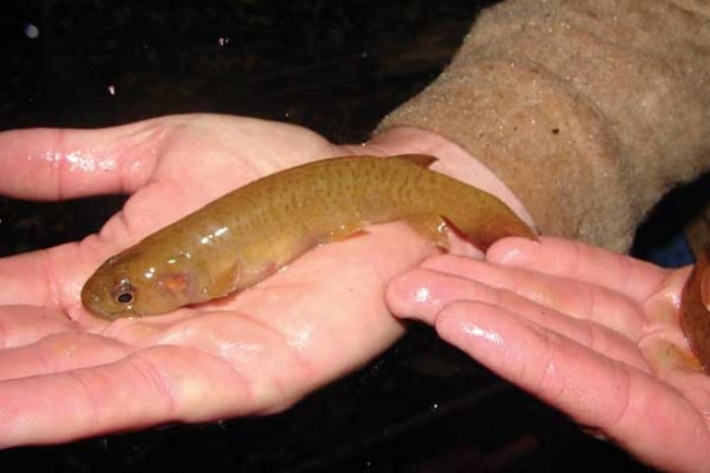
Restoring Kōaro in the Rotorua lakes
Research ProjectThe kōaro was once abundant in the Te Arawa lakes near Rotorua in New Zealand’s North Island. NIWA has assessed the viability of restoring this species in the region. -
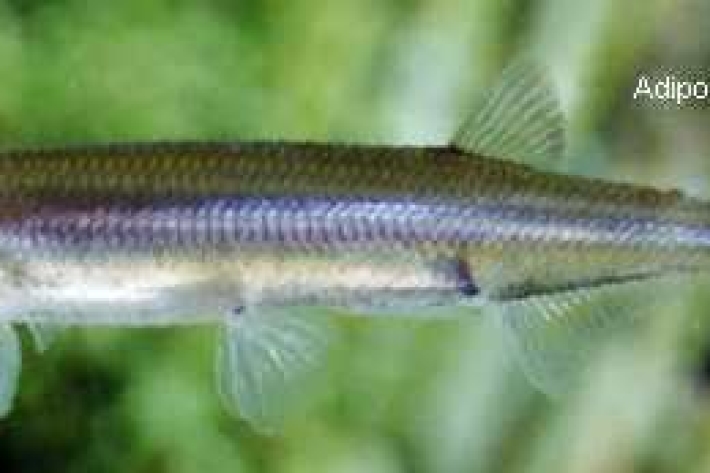
Sustainable management framework for Te Arawa Lakes customary fisheries
Research ProjectNIWA and the Te Arawa Lakes Trust have developed a sustainable management framework for customary fisheries in Te Arawa lakes, as part of a joint 3 year research programme.

